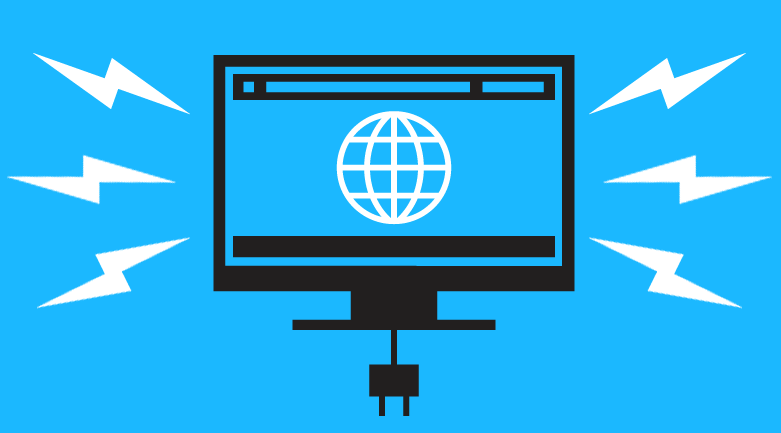
Think Bigger
Two years ago, entrepreneur and activist Jim Gilliam spoke to an audience in New York City about how the Internet — the people he connected with online, the information he depended on every day — helped him survive cancer. “The Internet is my religion,” he said to an emotional crowd.
It was a key moment in the evolution of Personal Democracy Forum, the annual event that illustrates how personal the convergence of politics, technology and civic action can be. I've been to every PDF since 2007 and I wouldn’t miss this event for anything (full disclosure: I was an editor at PDF and helped launch its award-winning techPresident website).
The upcoming PDF runs from June 6–7 at NYU. This year’s theme is “Think Bigger,” and it was inspired by the late technologist and activist Aaron Swartz, who passed away earlier this year. (Click here to see the program, and click here to register. Use the discount code “FP2013” to get 20 percent off the regular price.)
Organizers say this year’s event will focus on how we can harness technology to tackle large-scale problems, including “imagining how we can use the explosive growth in data and computing power, as well as the rapid spread of connection technologies into billions of hands, to approach problems in a better way.”
PDF 2013 will feature presentations from activists working on corporate accountability, women’s rights, transparency, and other social justice issues; academics tracking the Internet’s impact on journalism; and entrepreneurs bringing code to everyone.
Meanwhile, a series of smaller breakout groups will get into the nitty-gritty around themes like Net-powered organizing, the “growing civic stack,” tech policy — including my session on competition, broadband and consumer protection — and the uses (and misuses) of political data.
The best part about attending PDF is the people; it attracts some of the smartest thinkers in tech, politics and beyond. The conversations during breaks, in the halls and at mealtime are often as valuable as the keynote talks.
When I attended my first PDF, I was struck by the insights it offered into how the Internet was influencing politics, policymaking and civic action. PDF is still at the cutting edge of this conversation; its blog posts, in-depth articles, research and international convenings remain some of the best resources available for anyone interested in how media and technology are changing our political culture.
PDF’s organizers are offering Free Press activists 20 percent off the regular registration price. Just click here to register and use the discount code “FP2013.”